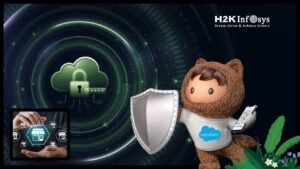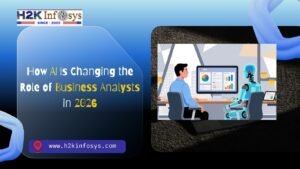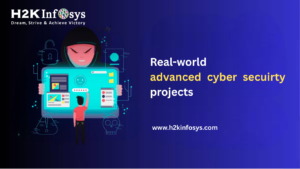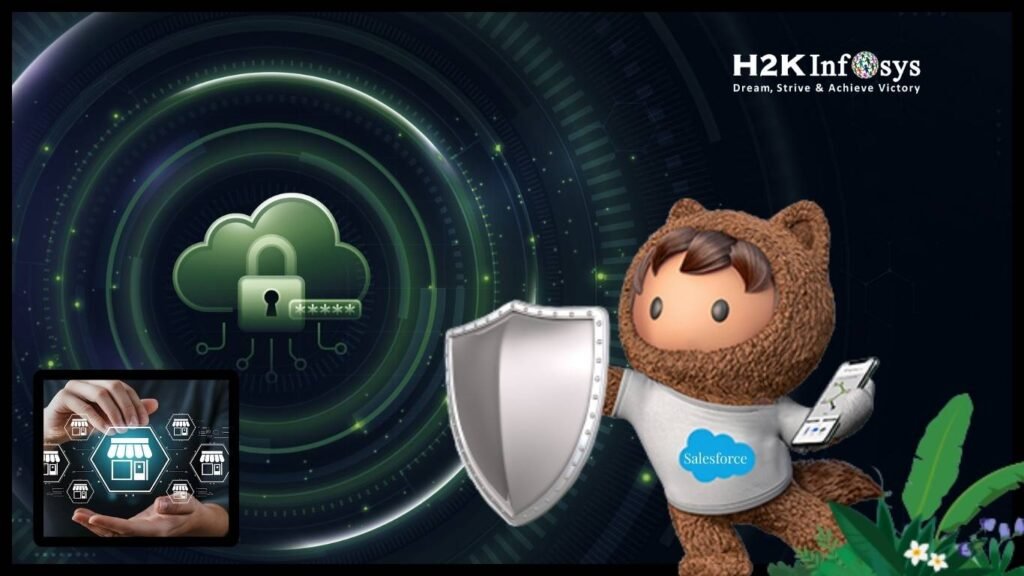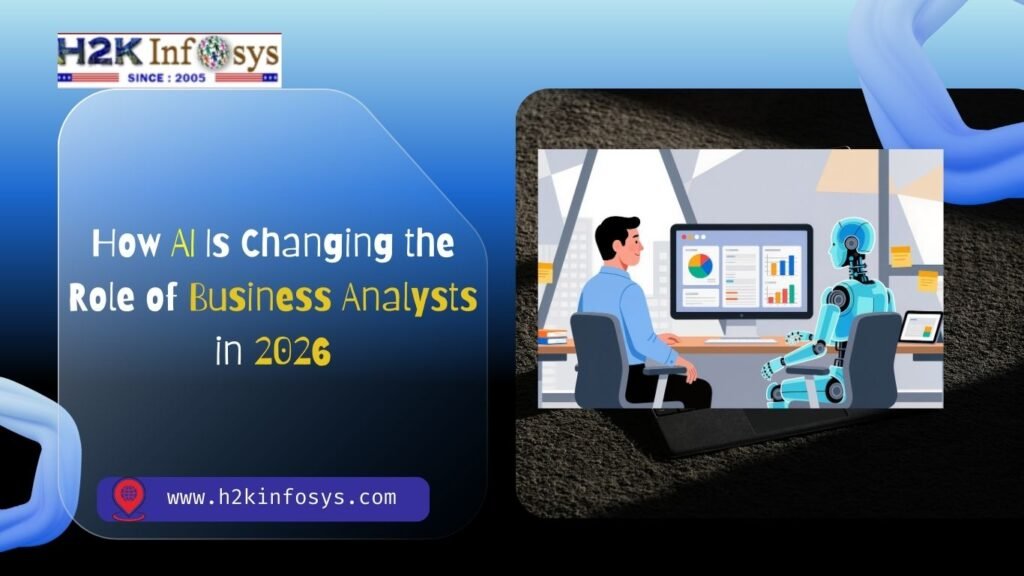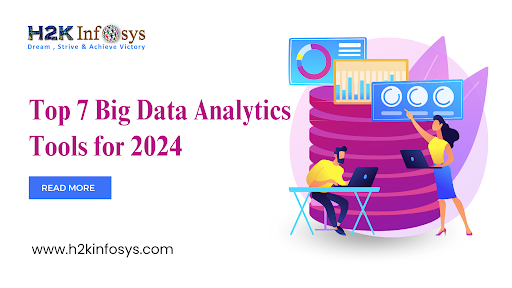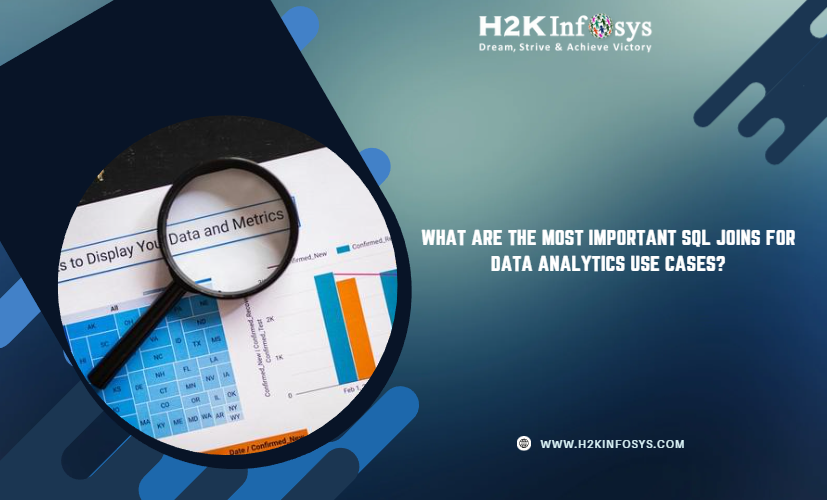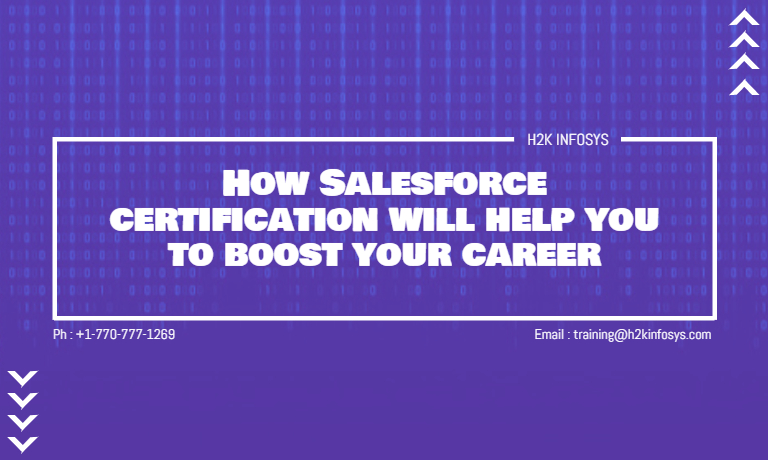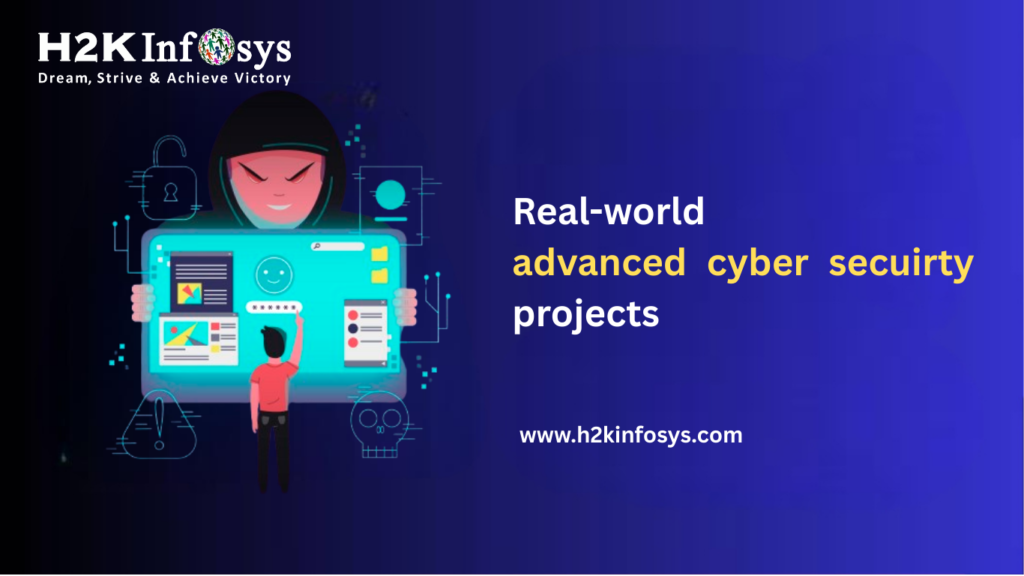Introduction:
Imagine a business trying to succeed in today’s fast-paced digital economy without customer insights, automation, or centralized data. That’s like running a marathon blindfolded. In 2025, the businesses that lead their industries aren’t just delivering products they’re delivering experiences. Customers expect personalization, speed, and seamless interactions across platforms.
This is where Salesforce CRM has become a lifeline. It isn’t just software it’s the most widely adopted customer relationship management platform worldwide. From Fortune 500 enterprises to mid-sized firms and even startups, Salesforce CRM helps organizations manage customer interactions, streamline processes, and fuel growth.
For professionals, this means an ever-expanding demand for expertise. Enrolling in Salesforce training classes, mastering a Salesforce course, or achieving credentials through Salesforce certification courses has become one of the smartest investments in career development.
Section 1: What Exactly is Salesforce CRM?
At its core, Salesforce CRM is a cloud-based platform designed to centralize all customer data and interactions in one place. Unlike legacy systems that only handled contact information, Salesforce CRM integrates sales, marketing, support, and analytics.
Key capabilities include:
- Lead and Opportunity Management: Tracks prospects from initial contact to deal closure.
- Workflow Automation: Removes repetitive tasks, freeing up staff for higher-value work.
- Reports and Dashboards: Provides real-time visibility into performance.
- Collaboration Tools: Brings teams together through integrations with Slack and other tools.
- Artificial Intelligence (Einstein AI): Predicts customer needs and suggests next best actions.
This is why Salesforce CRM has consistently dominated the CRM market, holding more than 20% of global share.
Section 2: Why Ignoring Salesforce CRM is Risky for Businesses
Businesses that fail to adopt Salesforce CRM risk losing market relevance. Let’s break down the reasons:
2.1 Loss of Customer Loyalty
Without a unified system, companies struggle with fragmented data. Customers don’t want to repeat themselves with every interaction. Salesforce CRM ensures every department from sales to support sees the full customer journey.
2.2 Inconsistent Sales Processes
Manual tracking often leads to lost opportunities. Salesforce CRM provides a structured sales pipeline that increases conversion rates and ensures follow-ups never fall through the cracks.
2.3 Missed Revenue Insights
Companies relying on spreadsheets can’t forecast sales accurately. With predictive analytics, Salesforce CRM helps businesses anticipate revenue and allocate resources better.
2.4 Higher Operational Costs
Running multiple tools for marketing, sales, and service is costly. By consolidating these into one ecosystem, Salesforce CRM reduces expenses while increasing ROI.
Section 3: Real-World Use Cases of Salesforce CRM
The power of Salesforce CRM comes alive in its applications.
- Spotify: Uses Salesforce to personalize playlists and manage global customer campaigns.
- Adidas: Leverages Salesforce CRM to strengthen e-commerce operations and tailor promotions.
- American Express: Enhances client engagement and financial advisory services with integrated insights.
- Toyota: Delivers connected experiences to customers through data-driven service solutions.
These examples show that Salesforce CRM isn’t limited to tech companies. It transforms retail, banking, healthcare, education, and manufacturing industries alike.
Section 4: The Career Landscape with Salesforce CRM
The rapid adoption of Salesforce CRM has fueled demand for skilled talent. IDC projects over 9 million jobs in the Salesforce ecosystem by 2026.
In-Demand Roles Include:
- Salesforce Administrator – Configures systems, manages permissions, ensures smooth operations.
- Salesforce Developer – Builds custom apps and integrations using Apex and Lightning Web Components.
- Salesforce Business Analyst – Translates business requirements into CRM solutions.
- Salesforce Consultant – Advises organizations on strategy, configuration, and implementation.
- Salesforce Architect – Designs enterprise-level scalable solutions.
Each role benefits significantly from structured Salesforce training classes and completing a Salesforce certification course. These credentials increase marketability, salary potential, and career flexibility.
Section 5: Why You Need Salesforce Training Classes
Understanding Salesforce CRM requires more than surface-level knowledge. Companies look for professionals who can configure, customize, and maximize the platform’s potential. That’s where Salesforce training classes come in.
Benefits of Salesforce Training:
- Hands-On Practice: Build dashboards, workflows, and apps in sandbox environments.
- Industry-Relevant Projects: Apply skills to scenarios like lead management or case escalation.
- Expert Mentorship: Learn from certified trainers who’ve worked on real-world implementations.
- Placement Support: Resume building, mock interviews, and referrals give learners career-ready confidence.
Whether you’re a beginner or an IT professional transitioning into CRM, a structured Salesforce course helps bridge the gap.
Section 6: Salesforce Certification Courses Explained
Certifications add credibility and showcase mastery. Here are the most valuable Salesforce certification courses:
- Salesforce Administrator – Perfect for beginners managing CRM operations.
- Salesforce Advanced Administrator – For those looking to deepen system expertise.
- Salesforce Developer – Focused on custom coding, APIs, and advanced functionality.
- Salesforce Consultant – Ideal for guiding businesses through digital transformation.
- Salesforce Architect – Highest-level credential for designing enterprise ecosystems.
These certifications validate your skills and significantly boost earning potential. For instance, Salesforce Administrators in the U.S. earn an average of $90,000+ annually.
Section 7: A Step-by-Step Salesforce CRM Example
Let’s walk through how a business might automate lead management using Salesforce CRM.
- Lead Capture – A prospect fills out a form on your website. Salesforce automatically records the lead.
- Lead Assignment – Rules route the lead to the right sales representative.
- Nurture Workflow – Automated emails educate the lead about your product.
- Conversion Opportunity – Sales rep logs calls, updates opportunities, and tracks progress.
- Pipeline Dashboard – Managers view real-time pipeline metrics and forecast revenue.
This simple setup can reduce manual workload by 40% and improve conversion rates.
Section 8: Advanced Features of Salesforce CRM
8.1 Einstein AI Integration
Predicts customer needs, forecasts sales, and recommends actions.
8.2 AppExchange Marketplace
Over 3,000 apps extend functionality, from marketing automation to HR.
8.3 Industry-Specific Clouds
Healthcare Cloud, Education Cloud, Financial Services Cloud tailored to sector-specific needs.
8.4 Mobile CRM
Sales reps can access dashboards, leads, and reports from their phones.
8.5 Security & Compliance
Built-in encryption and compliance with GDPR, HIPAA, and SOC standards ensure data safety.
Section 9: Long-Term Business Benefits of Salesforce CRM
- Scalability: Grows as your customer base expands.
- Innovation: Regular updates every quarter keep businesses at the cutting edge.
- Cross-Team Collaboration: Sales, marketing, and support share unified data.
- Improved Customer Satisfaction: IDC reports a 35% improvement among Salesforce adopters.
- Revenue Growth: Companies often see 20–30% increases within a year of adoption.
Section 10: Why H2K Infosys for Salesforce Training?
H2K Infosys is trusted by thousands of learners for career-focused programs. Our Salesforce training classes include:
- Live Interactive Sessions – Learn directly from industry-certified trainers.
- Practical Assignments – Work on projects reflecting real-world business challenges.
- Certification Guidance – Prepare for Salesforce exams with mock tests and strategies.
- Job Placement Support – Resume workshops, interview prep, and recruiter connections.
- Flexible Learning Modes – Attend from anywhere with online Salesforce classes.
Our Salesforce course ensures that you don’t just pass exams but also succeed in real-world jobs.
Section 11: Common Myths About Salesforce CRM
- Myth 1: Salesforce CRM is only for large companies.
Reality: It offers scalable solutions even for startups. - Myth 2: You need coding skills to use Salesforce.
Reality: Admins and consultants can configure most features without coding. - Myth 3: Salesforce CRM is too expensive.
Reality: When compared to the ROI and efficiency gains, it’s highly cost-effective.
Conclusion: The Future Belongs to Salesforce CRM
Businesses today can’t afford to ignore Salesforce CRM. It improves customer loyalty, streamlines operations, and delivers insights that fuel growth. For professionals, expertise in Salesforce CRM translates into career opportunities, high salaries, and global demand.
If you’re serious about staying competitive, now is the time to act. Join H2K Infosys, enroll in our Salesforce training classes, and gain the practical expertise employers are searching for.
Future-proof your career. Master Salesforce CRM with H2K Infosys today.












